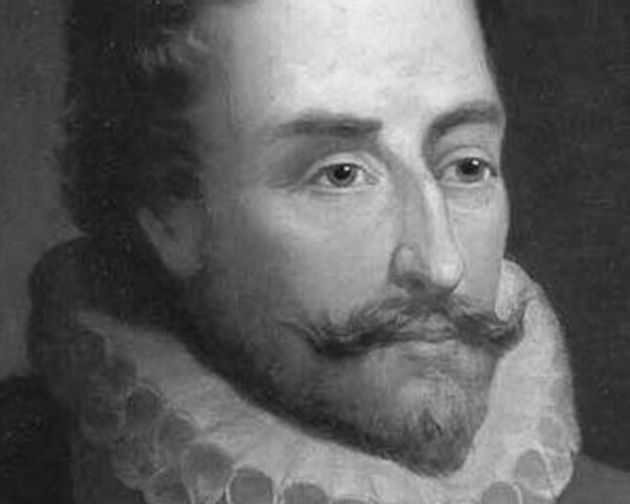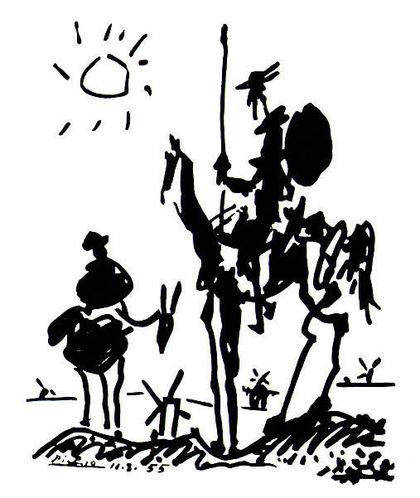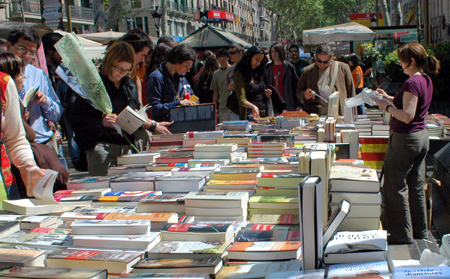Cervantes, witness of the Spanish history four centuries later
"Cervantes was a spiritual man, a believer, he read and assimilate the Bible deeply”, the writer and international speaker Juan Antonio Monroy says.
Protestante Digital · BARCELONA · 23 APRIL 2015 · 08:40 CET

Miguel de Cervantes (born in Alcala de Henares, September, 29th, 1547 – died in Madrid, April, 22nd 1616). This April 23rd, it is the 399th anniversary of his death.
Cervantes´ biography is very intense and adventurous: he was a soldier, poet, novelist and playwright.
It is considered the biggest representative of the Spanish culture, and it is known worldwide for writing Don Quixote, which many seen as the first modern novel, and one of the best novels of the universal literature. It is also the most published and translated book of the history, after the Bible.
According to the historian and writer Cesar Vidal, besides being a genius of the literature, he was close to the Spanish Protestant Reformation and ironically against the Counter- Reformation led by the Catholic Church, that, for him, it is full of superstition and corruption, and obsessed with controlling the power.

Cervantes talked about people who loved their country, but were ruled by a political and religious class that took advantage of its people, who were more superstitious than spiritual in their religiosity, and lived in a society where having a job was not worth it, and everybody wanted a position without any effort.
CERVANTES' FAITH
“After years reading The Quixote and about The Quixote, I believe, without a doubt, that Cervantes was a spiritual man, a believer, he read and assimilate the Bible deeply”, said Juan Antonio Monroy, international writer and speaker, and an expert of Cervantes.
There are more than 300 Bible quotes and references in both parts of The Quixote, although that does not mean that Cervantes “could be pigeonholed in any particular religion, he was never active in any”.
For Monroy, “with Cervantes, like with other great intellectuals, it is hard to define them as followers of this or that belief”.
But one thing is certain and it is proved, documented, justified: Cervantes believed in God, he loved God. In the prologue of the first part of The Quixote, he called the Bible “Divine Scripture” three times.
An in the first chapter of the second part of The Quixote, he affirmed that “the Bible will never lie”. Is this the language of a hypocrite, like Americo Castro said? , or is it the deep conviction of a believer in the divine revelation? Just a believer, without an specific religious denomination.
THE BOOK DAY
On Aril 23rd, Spain celebrates the Book Day, with events throughout the country. This day is especially typical in Catalonia, where it is very common to give a book and a rose to someone as a present.

That day, bookstores and cultural associations have tables with books in the streets, and many churches in Catalonia do the same: they put a table in the street too, with Christian books and evangelistic materials to share with anyone who is interested. In other parts of Spain, the bookstores organize conferences or special events to remember the central importance of the Bible in the literature.
Published in: Evangelical Focus - culture - Cervantes, witness of the Spanish history four centuries later
